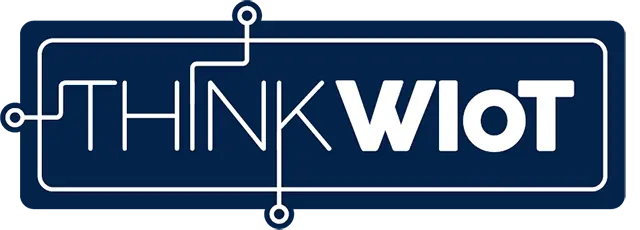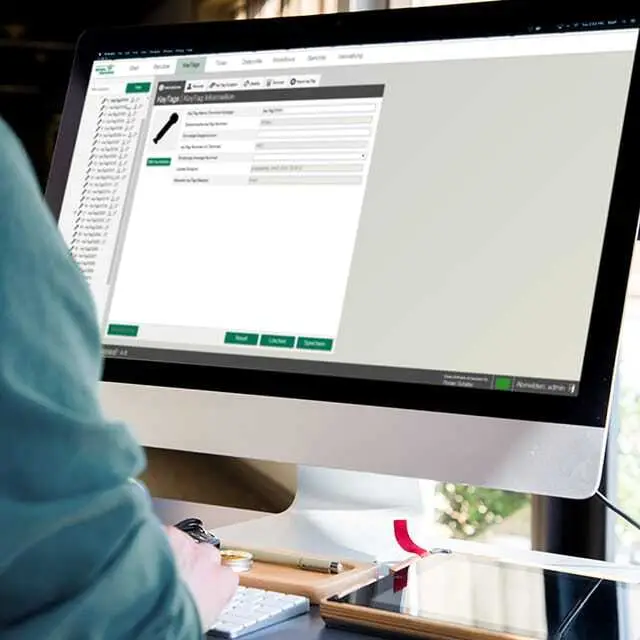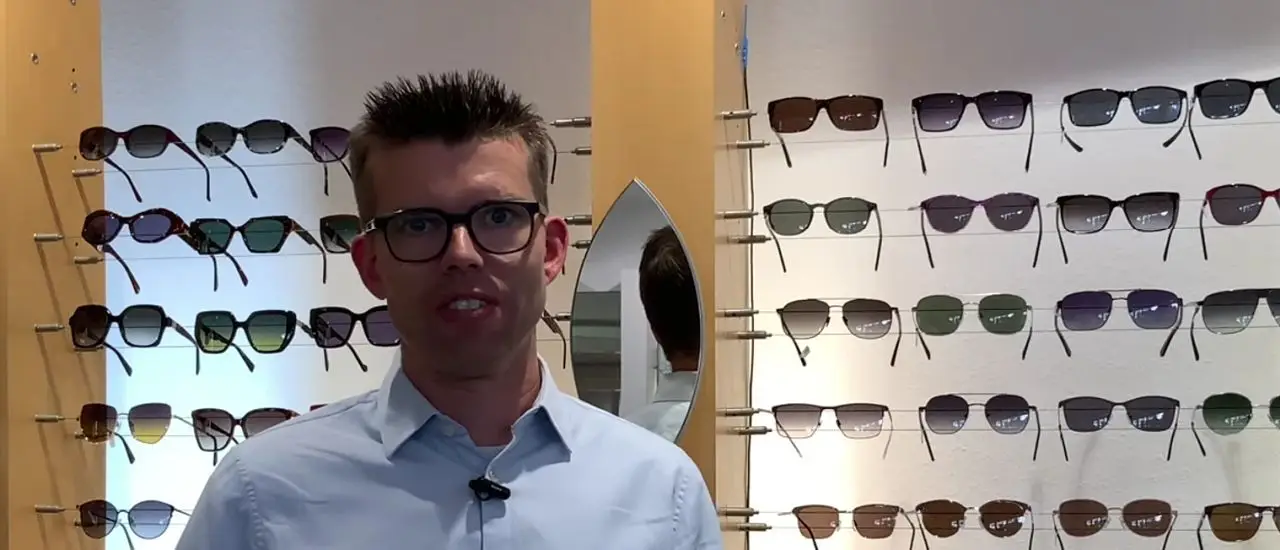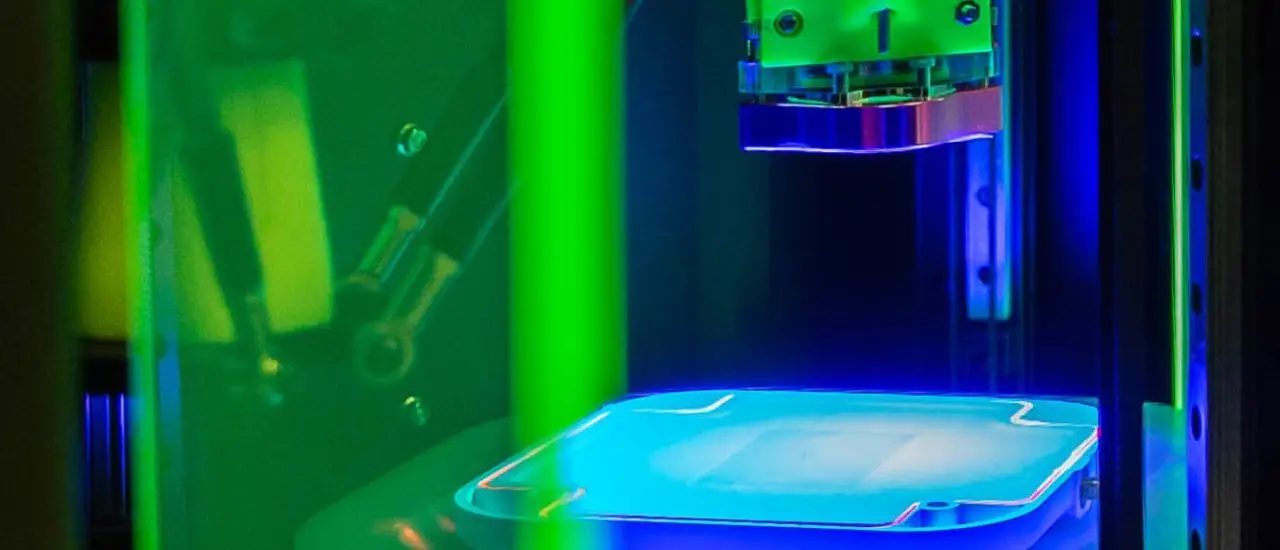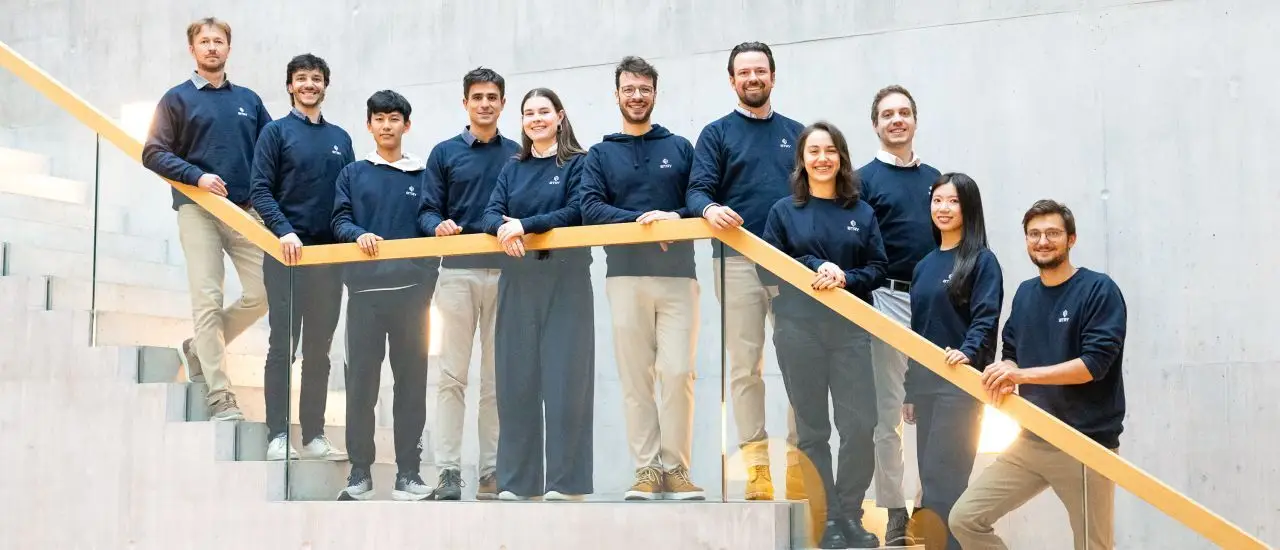- A centralized access platform provides secure, traceable control of doors, keys and authorizations across multiple campus buildings.
- Self-service booking and integrated credential management significantly reduce manual reception tasks and handoffs.
- The solution bundles hospital, guest and school use cases on one platform, simplifying operation, support and training.
- Industry partnership and donated components enabled rapid deployment and extension of the hospital's IT and network infrastructure.
- The architecture is designed for phased expansion, including new terminals, cameras and digital medicine-cabinet locks.
A mission hospital for the Quechua Indians of Peru
In the Andes of Peru, the Diospi Suyana mission combines modern access solutions with pragmatic, hands-on implementation: a new guest house was equipped with a fully integrated, digital locking and key management system – including self-service booking. The project shows how hospital, school, and guest infrastructure can be managed efficiently, securely, and centrally.
The RFID solution is supported by the company deister electronic. Anatoli Stobbe, managing director of deister electronic, has been supporting the hospital for many years.
Diospi Suyana in the Peruvian Andes
When people in the Peruvian Andes talk about the Diospi Suyana hospital, they mean more than just a building. They mean an idea, one that was brought to life by a married couple of doctors: Dr. Klaus-Dieter John, a surgeon, and Dr. Martina John, a pediatrician. Together, they have built a mission hospital in Curahuasi (Apurímac region) that today brings together doctors, nurses, and patients from a wide catchment area – many of whom speak Quechua and have long journeys to get there. "Diospi Suyana" means "We trust in God" in Quechua.
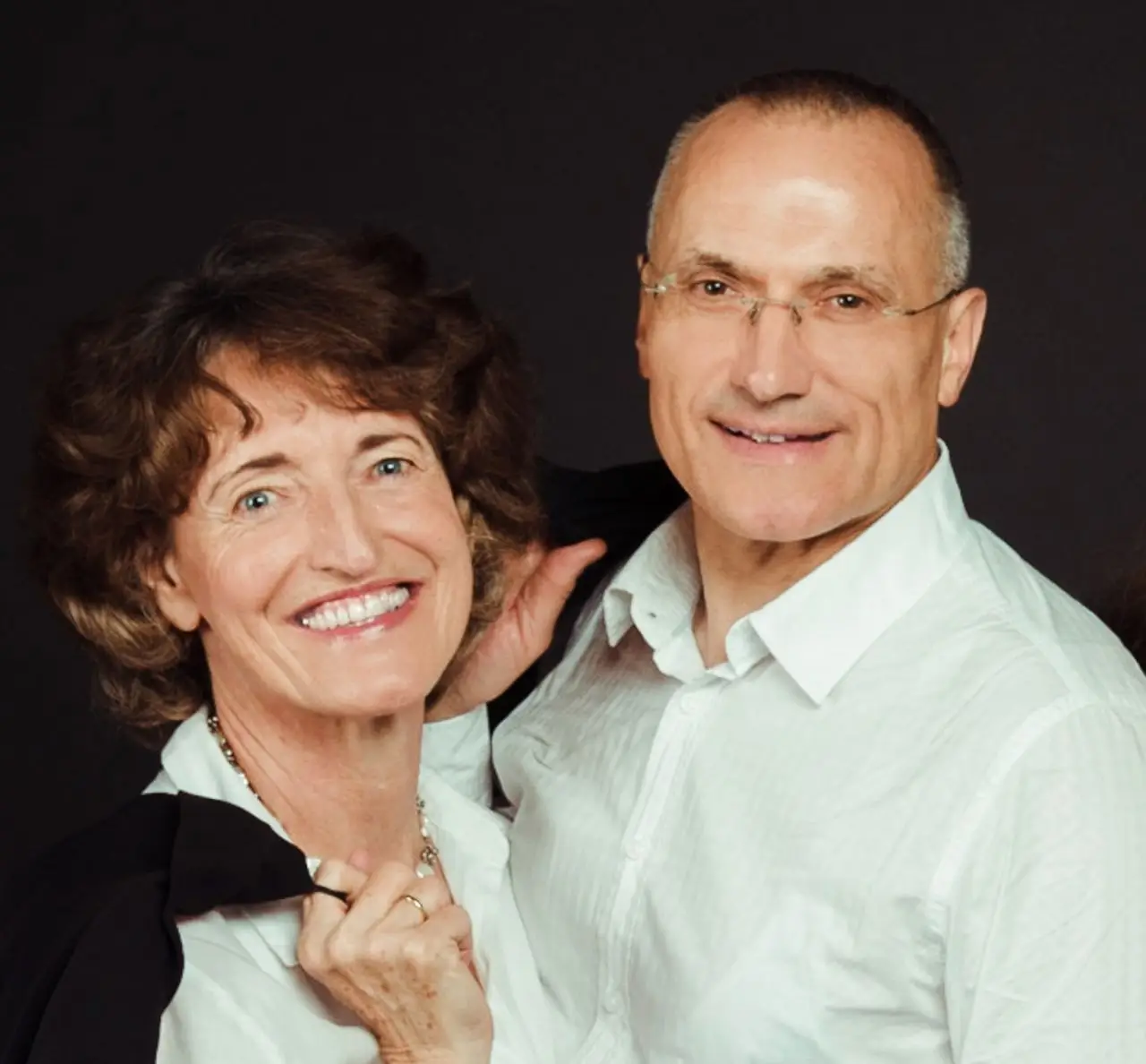
From international careers to the Andes
Before moving to Peru, both gained experience at renowned clinics in Germany and abroad. What connected them was the desire to bring modern medicine to the Peruvian Andes, where it is most difficult to access.
Instead of settling for selective project assignments, they decided to aim for something bigger: a permanent healthcare structure—with operating rooms, wards, a laboratory, imaging, a pharmacy, and an emergency room—that could compete with urban hospitals in terms of quality.
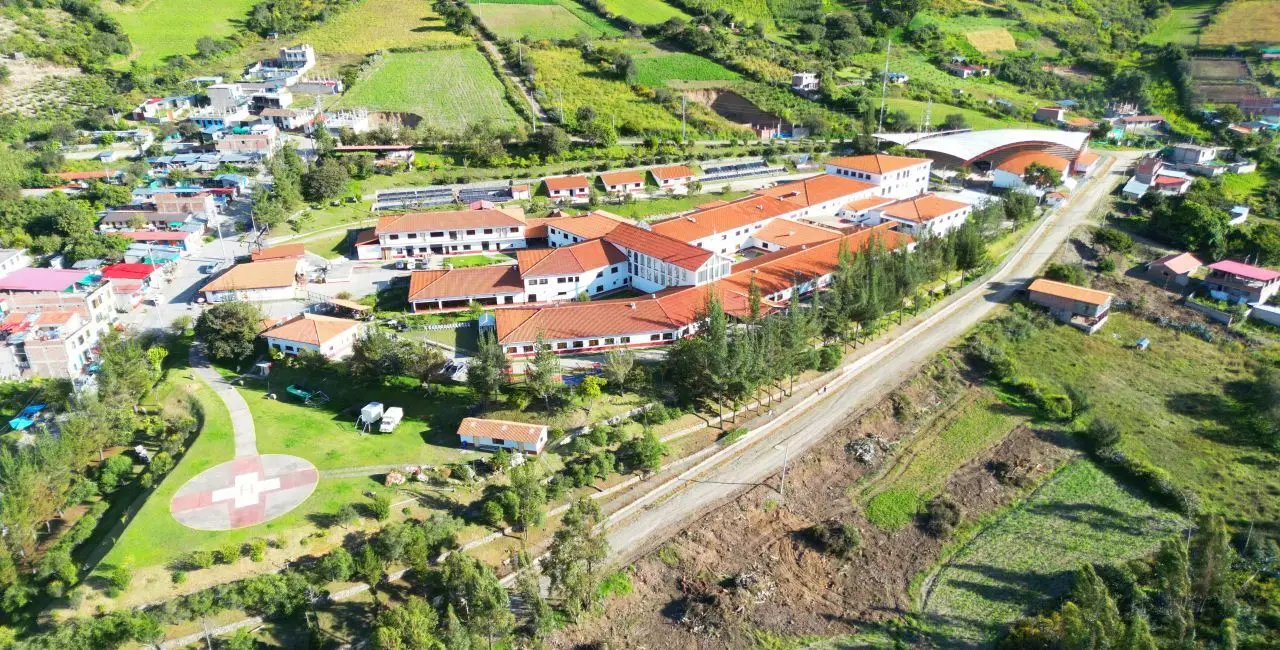
Background: 20 years of aid – and growing infrastructure
The campus includes a hospital with pediatrics, gynecology, internal medicine, and surgery departments, as well as a dental clinic, a media center, an event building, and workshop areas. Numerous buildings are optimized by scalable, secure access and key processes.
In the past, essential components for the hospital's electronic key management system were donated, enabling the secure and efficient organization of sensitive areas. In addition, the company provided several kilometers of network cable and other elements for the expansion of the entire IT and network infrastructure.
The project quickly grew beyond surgery and pediatrics to include dental and eye clinics, a school, and media work. Today, medical and non-medical teams work with volunteers and partners on campus. The guiding principle is holistic care, from prevention and education to aftercare, training, and reliable family structures. A hallmark of the project is the linguistic and cultural bridge it builds.
"Many employees speak Quechua. Treatments are almost always carried out in the language of the indigenous population. Another focus is on passing on knowledge to young people, whom we train here in medical professions." - Dr. Klaus-Dieter John
Attitude and hands-on approach
Klaus-Dieter John's books tell the story of Diospi Suyana's development. Of last-minute commitments, setbacks, and encounters that opened doors. Beyond all the biographical highlights, the work remains grounded in everyday life: writing duty rosters, procuring materials, performing surgeries, informing relatives, acquiring donations, and maintaining partnerships.
It is precisely this mixture of principled steadfastness and pragmatism that characterizes the couple and explains why a vision became an institution.
Anatoli Stobbe and Diospi Suyana
Anatoli Stobbe, founder and owner of deister electronic in Barsinghausen, is a long-standing supporter from the industry. He is one of the early sponsors of the Diospi Suyana mission. The first contact dates back to 2004, when Dr. Klaus-Dieter John presented the hospital vision in Germany – a meeting that Stobbe and his wife listened to "calmly" and which paved the way for their commitment
"I am grateful that deister electronic can be part of this work of faith. Since 2006, we have been equipping the hospital, school, media center, and recreation center with security technology – and every time, I am touched by how Diospi Suyana in Peru is a blessing to the poorest of the poor." – Anatoli Stobbe
Current project goal
A consistent access architecture was to be created for the new guest house – from online booking to digital doors. In Germany, floor plans were reviewed, doors and routes were defined, and the mix of online and offline components was determined. The result was a concrete setup including a locking plan. It was time to get started: the prepared devices were shipped to Peru.
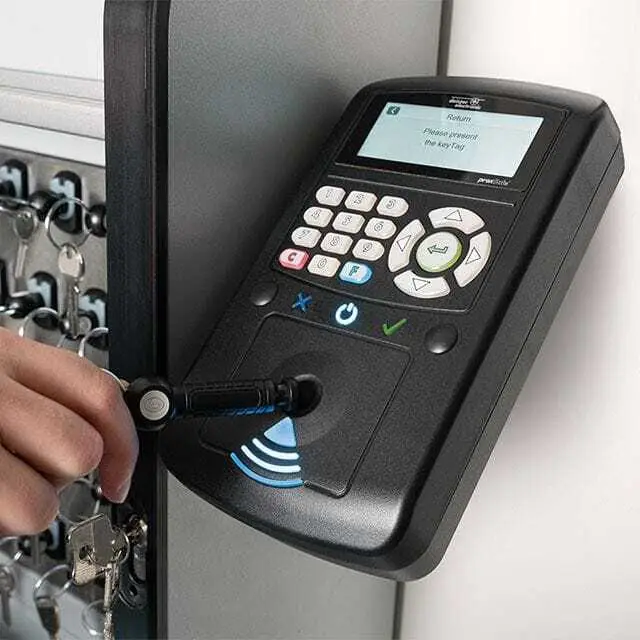
proxSafe®
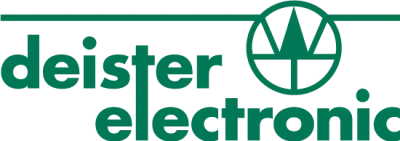
proxSafe® enhances security and transparency in key management through RFID authentication and centralized software control.
doorLoxx + proxSafe based on Commander Connect
At the heart of the locking and access solution are doorLoxx components for digital doors, proxSafe key cabinets, and the Commander Connect platform as the orchestration level for access authorizations, bookings, and logs.
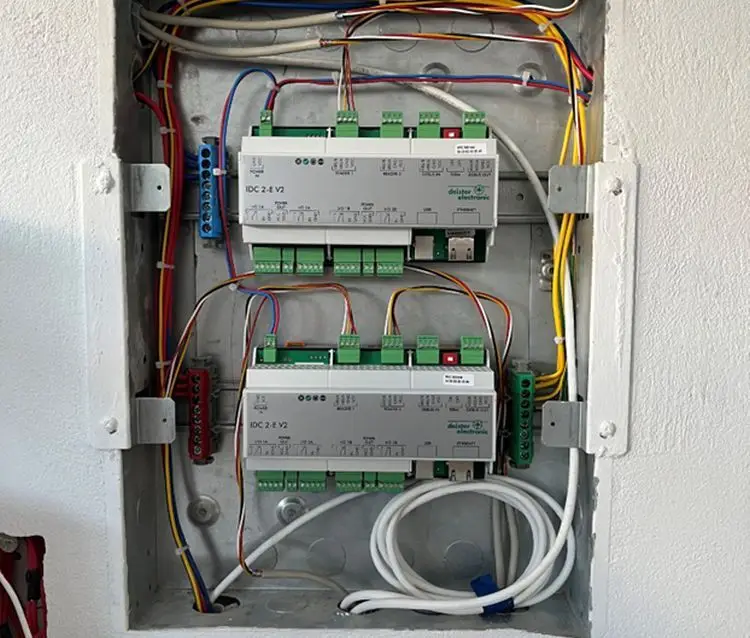
On-site implementation
There was a great deal of improvisation required on site – "wild wiring upon arrival" – but Sven Waliczek's team remained pragmatic: night shifts, final cleaning, system checks, and commissioning followed in quick succession.
"The online readers ran smoothly, and the guest house reception took shape. In the end, the field test was successful: 'Everything is running... the guests can come!'" – Sven Waliczek, Business Development Manager at deister electronic
Self-service instead of key issuance
In parallel, the software team – inspired by deister electronic’s ObelixxVisitor self-service visitor management system – developed a self-service booking widget that allows guests to book their rooms independently.
The Commander Connect management software links the booking, authorization, and door – media issuance and return are documented centrally. This reduces manual effort at the reception desk and creates a consistent user experience.
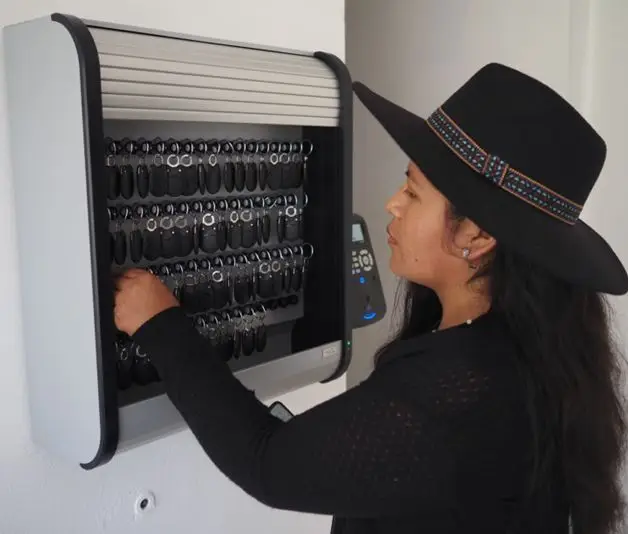
One system for many use cases
The solution shows which use cases can be bundled on a single platform. Employee and guest operations in hospitals, maintenance and service areas, access to sensitive rooms such as medicine cabinets, and integrated key management. This results in cross-selling options such as time recording and room management, which can be organized centrally.
Advantages of the solution
The new system ensures secure and traceable access to the guest house – online and offline, with clearly defined authorizations for each user group. Self-service booking and central credential management eliminate many manual handoffs, making check-in faster and more reliable.
And the best thing is that the solution can be easily transferred to hospitals, schools, and other buildings because the same integration logic is used everywhere. This makes operation, support, and training much easier. Commander Connect also records logs for doors, keys, and authorizations.
Next steps: Expansion & modernization
The roadmap also includes replacing terminals with new ones, expanding the school, installing new cameras, and adding a digital online cabinet lock for the medicine cabinet. This allows the integrated security and operating environment to grow step by step in line with requirements.
This technical development and the support provided in terms of hardware, software, manpower, and consulting can be traced back to the company deister electronic.
